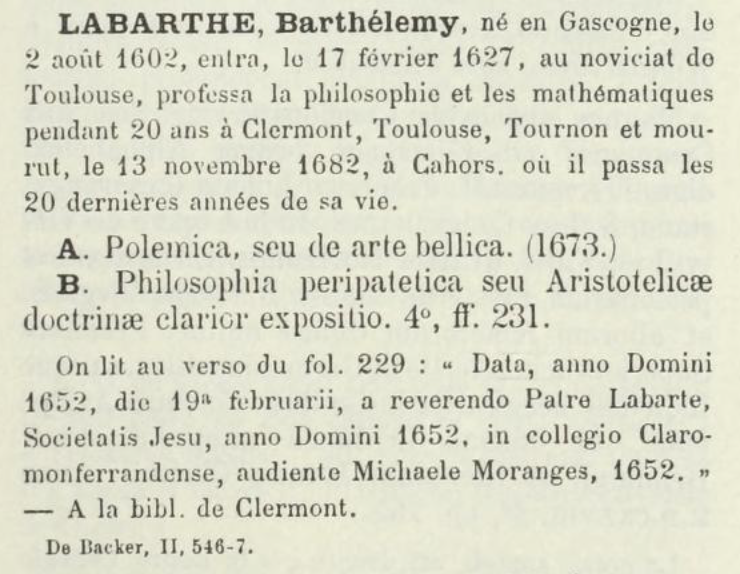Fermat had a friend at Toulouse named Lalouvère. Lalouvère was censor, jesuit, and mathematician (in alphabetical order).
Antonella Romano writes on page 512 of her book La Contre-Réforme Mathématique. Constitution et diffusion d'une culture mathématique jésuite à la Renaissance (1540-1640):
Un premier constat regarde les jésuites confrontés à la censure : sur tous les cas du Fondo Gesuitico qui concernent la France, deux professeurs seulement appartiennent à la liste établie dans le cadre de cet ouvrage, B. Labarthe et V. Léotaud. Si d'autres mathématiciens y apparaissent, c'est tout aussi exceptionnellement, et au titre de censeur, comme Antoine Lalouvère 114.
Footnote 114 there reads:
C'est lui qui porte un jugement négatif sur l'ouvrage de B. Labarthe.
On on page 515 Romano writes:
Antoine Lalouvère, le mathématicien toulousain qui s'est illustré dans le débat sur la cycloïde128, émet un jugement négatif sur le Hermetis Mathematici praeludium de B. Labarthe.
Thus, Lalouvère in his capacity as a censor sank at least one mathematical book, namely that by his fellow jesuit Labarthe.
Questions 1. Why did Lalouvère report negatively on Labarthe's book?
Question 2. Were there other books reviewed negatively by him?
Question 3. If anybody is familiar with Labarthe's work on Aristotelianism I would appreciate a summary.
It would be of particular interest to determine whether or not the grounds for Lalouvère's negative report on Labarthe's book had to do with possible use of indivisibles or the infinitely small. See a related 2018 publication in Foundations of Science.

